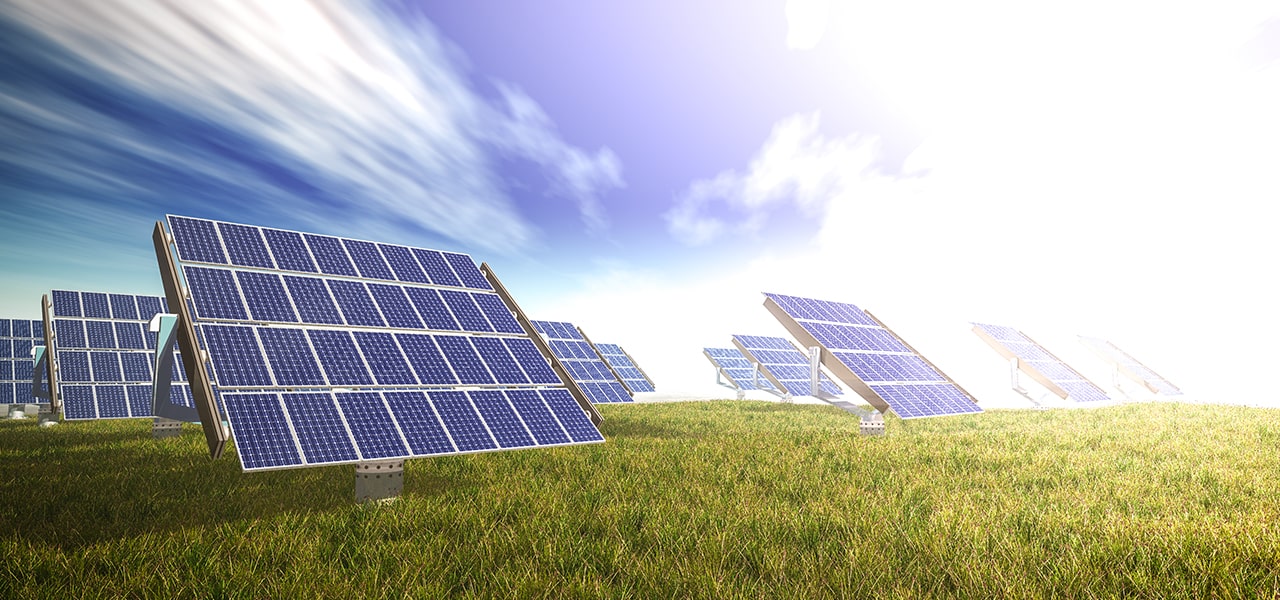How Renewable Energy can be an Answer to Climate Degradation
Change in climate brings many changes in freshwater availability, the fertility of soils and human lifecycle. These changes depend on the geographical distributions and conditions. The predictions about the impact of global warming warn about the increased risk of conflict over the depletion of resources such as freshwater, land and many more.
In this modern age “Electricity” holds the prime position. It is replacing many other sources like water, oil, coal, etc. because it is comparatively cost-effective. Also, a major reason for this replacement is its efficiency and usefulness. Electricity provides all kinds of energy that a man requires. But generating this electricity is a great task. It is often generated at a power plant by electromechanical generators driven by heat engines. These heat engines are fueled by combustion or nuclear fission.
Apart from the heat engines, the kinetic energy of flowing water and wind and geothermal power are also used to generate electricity. In recent years electricity is generated by the concept of solar photovoltaics. However, the major credit for electricity generations goes to fossil fuels.
Cause for Climate Degradation
As we know that the generation of electricity involves different energy sources, transmission networks, and distribution lines. Each of the components involved has its own impact on the environment and climate at different stages of their development and use. Though electricity is the clean and safe form of energy, its generation and transmission can affect the environment. In general, most of the electric power plants have an effect on the environment, but few power plants have larger effects that lead to weather and climate degradation.
Effects of Climate Degradation
Climate degradation or climate change affects the earth’s water system. The global temperature is expected to rise in near future due to the increasing forces affecting the climate. The amount of Carbon dioxide will rise due to the vehicles, industries and many more. Both the global temperature and Carbon dioxide influence the water resources as evaporation depends strongly on temperature and moisture which finally affect the amount of water required to replenish the groundwater supplies. The rise in Carbon dioxide not only affects the water system, but it also affects the transpiration in plants, melting of snow, affects the soil moisture, flood and drought risks.
Agriculture is also affected by climate degradation. The changes in climate have an impact on the fertility of soil, availability of water which indirectly affects the vegetation. In areas with reducing precipitation as predicted by the climate models, soil moisture may be substantially reduced. Keeping this in mind most of the agricultural areas need irrigation, but irrigation leads to a drastic reduction in the freshwater supplies.
Renewable Sources as a Substitute
The impact of climate degradation is not subtle anymore. The difficulties it presents are challenging our lifestyles as well as putting the world in danger. The world needs to focus on environmental degradation impacts and undertake activities that are sustainable in nature.
Generation of power by fossil fuels is one of the primary reasons for the pollution that is leading to climate degradation. The world is now opting for sustainable energy development to reduce the carbon footprint. This sustainable energy certainly restores the climate conditions. So, renewable energy resources would be a great option for sustainable energy.
Renewable energy resources exist over wide geographical areas in few countries. Generation of power through renewables has been very successful and many countries have planned to stop the power generation by fossil fuels. The renewable sources such as wind power, photovoltaics, and hydroelectricity have the advantage of being able to avoid climate degradation, thereby conserving water, retaining soil fertility and moisture and reduce the harmful Carbon emissions. Because of their advantages and efficiency, renewable energy systems are becoming more efficient and cheaper.

